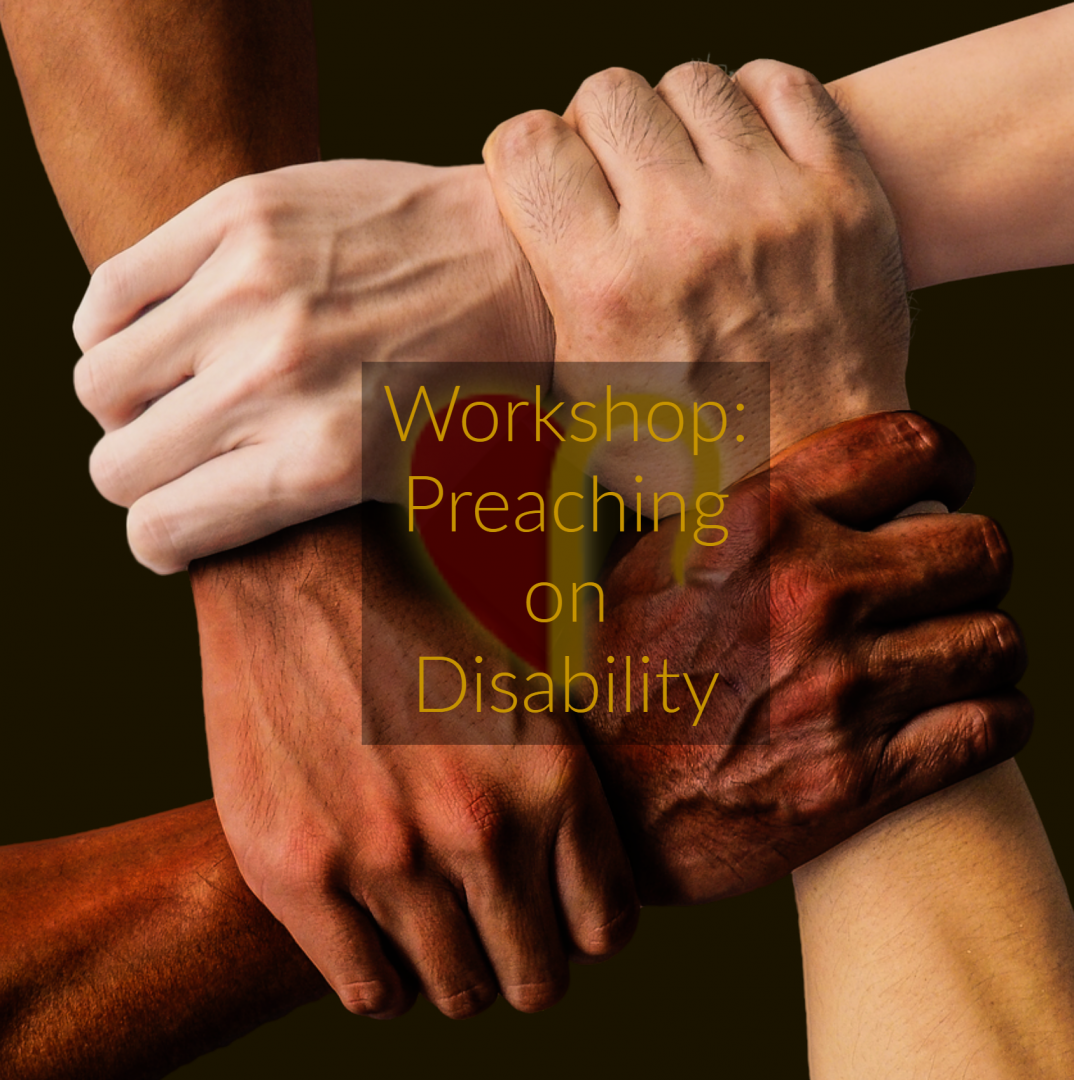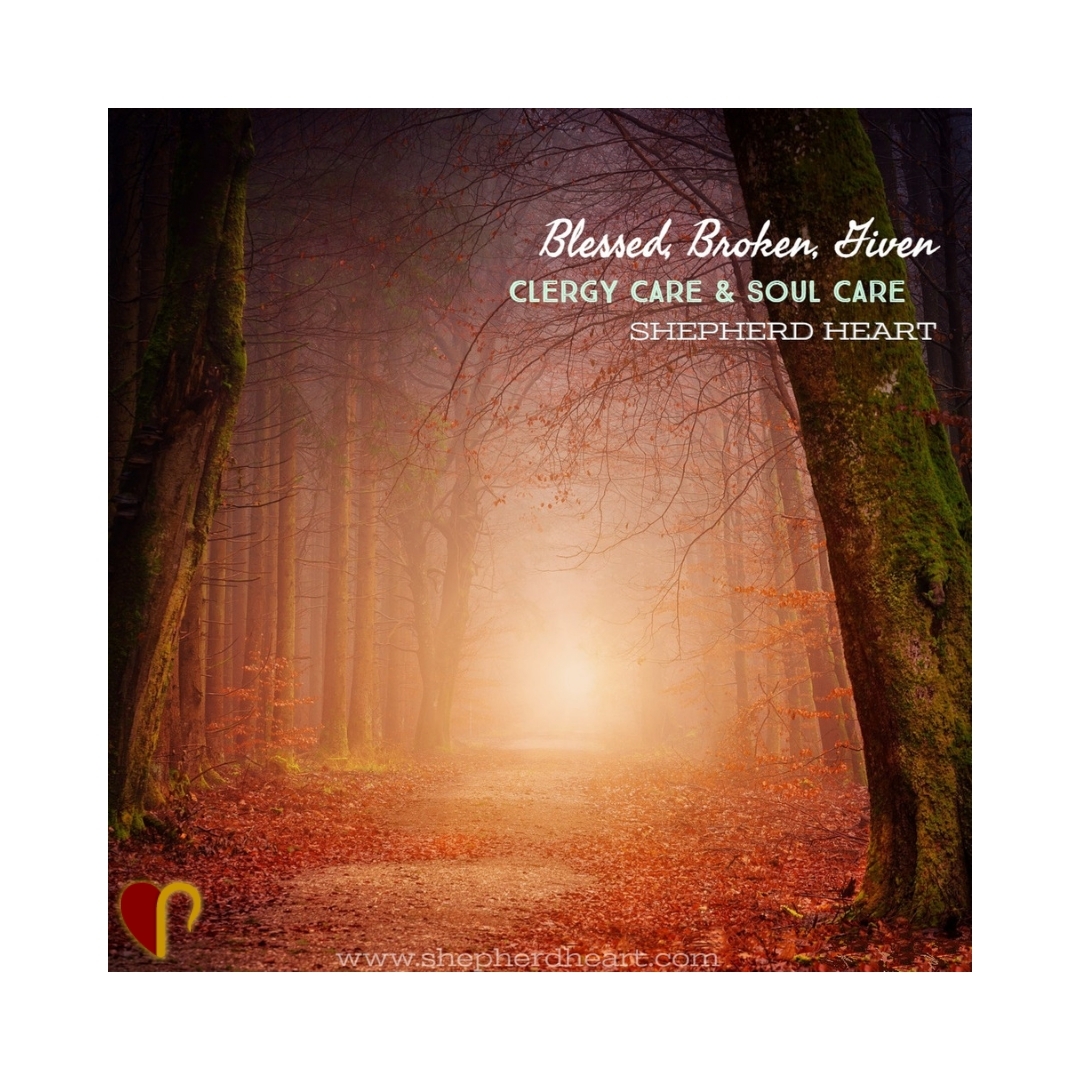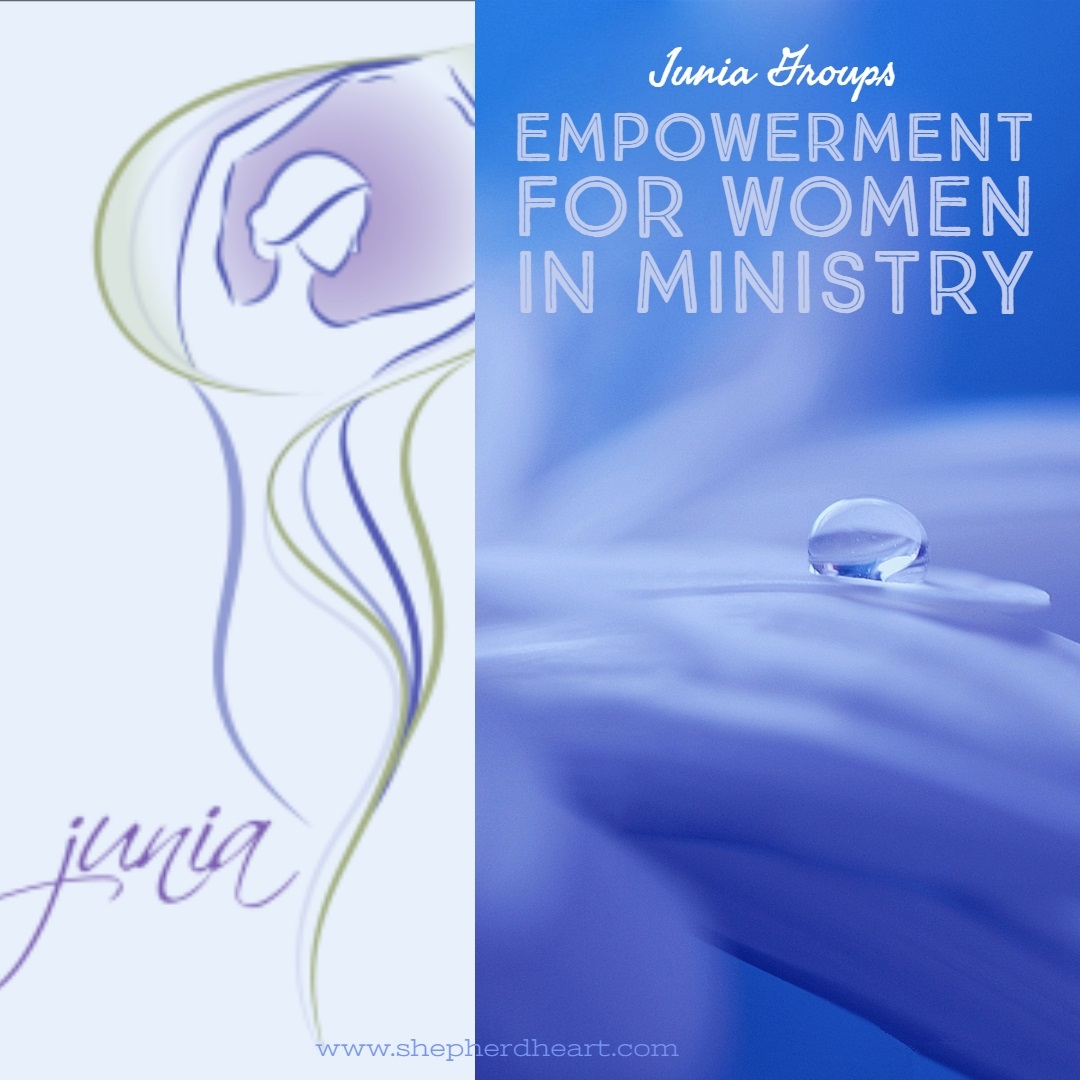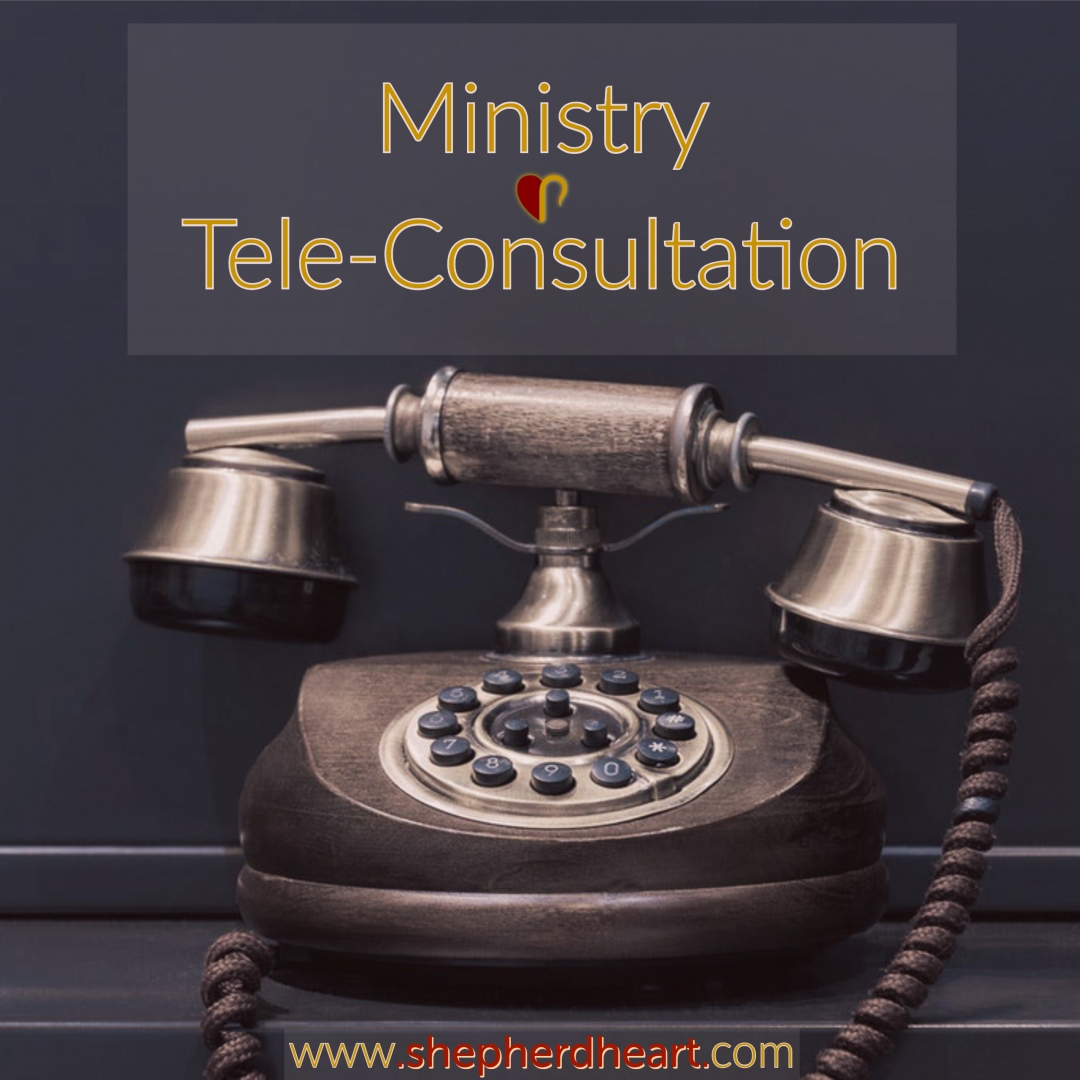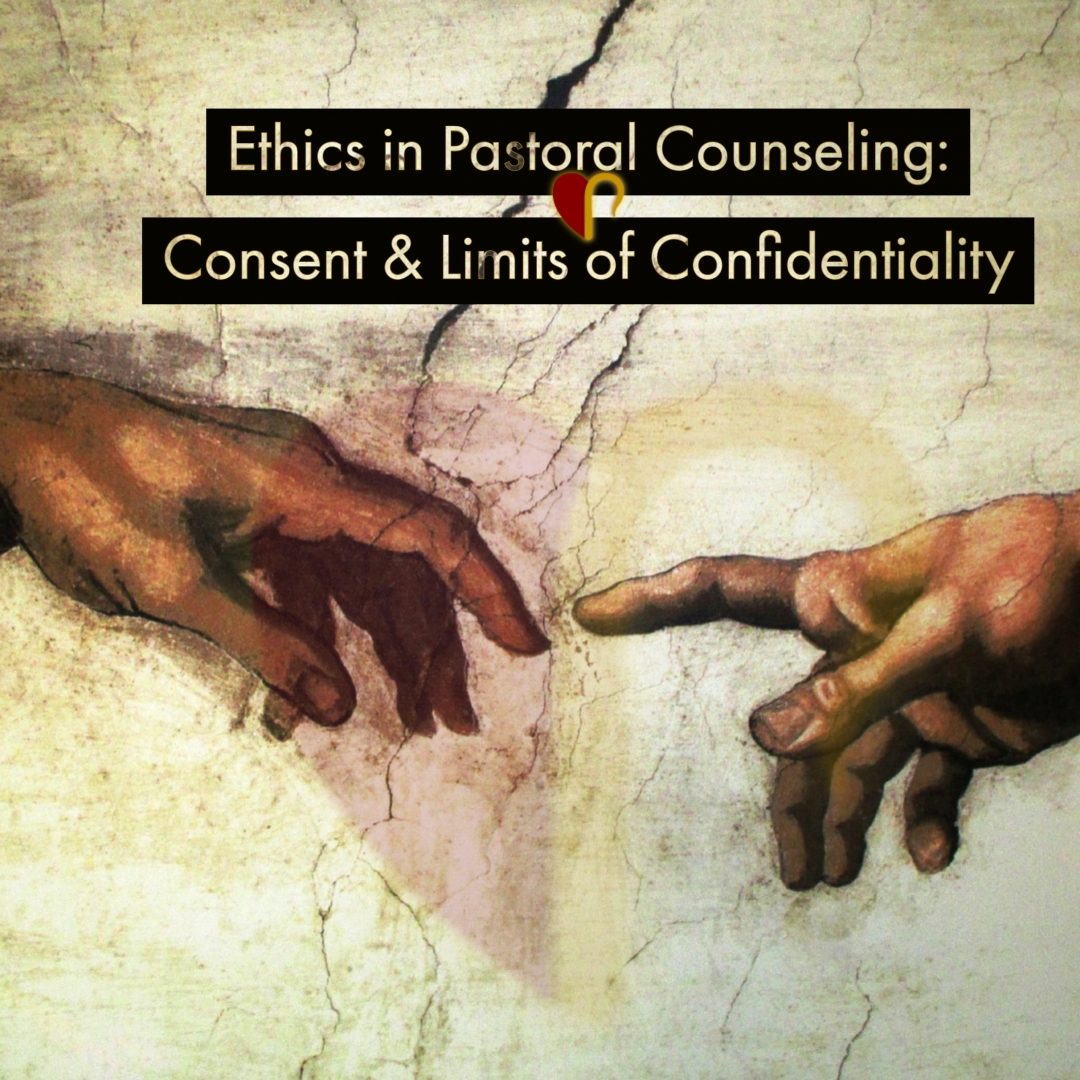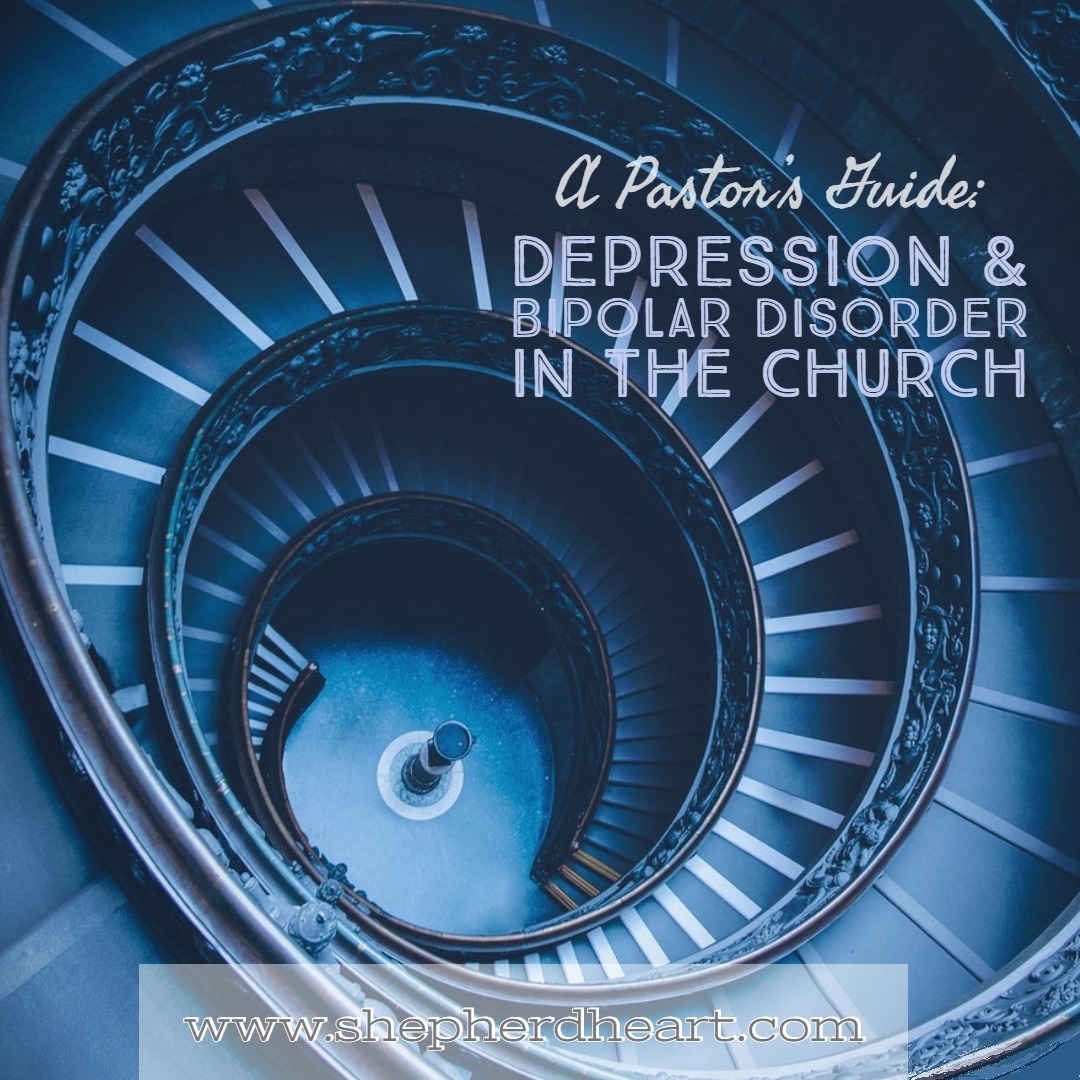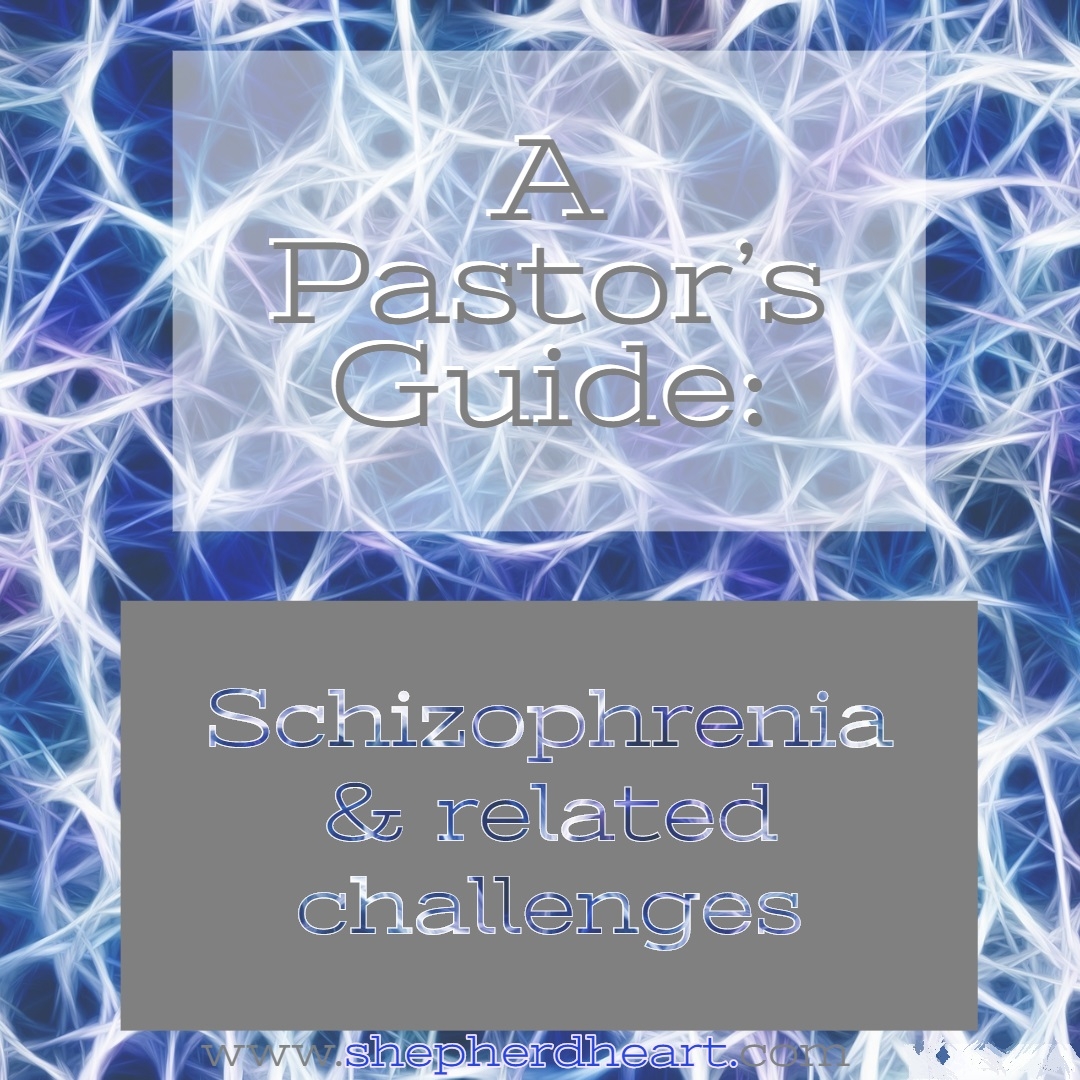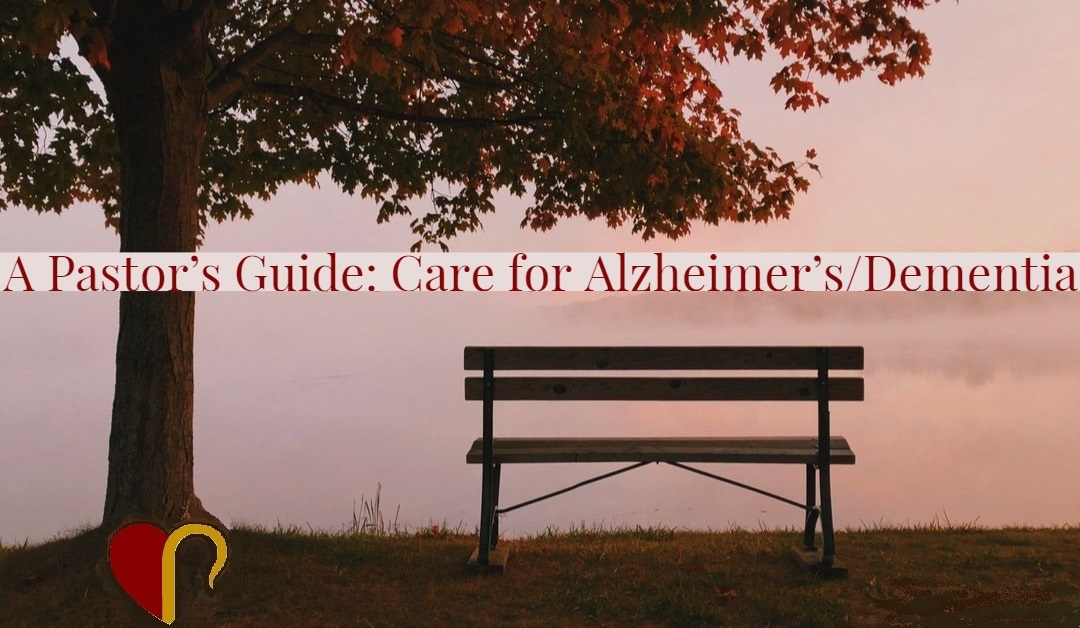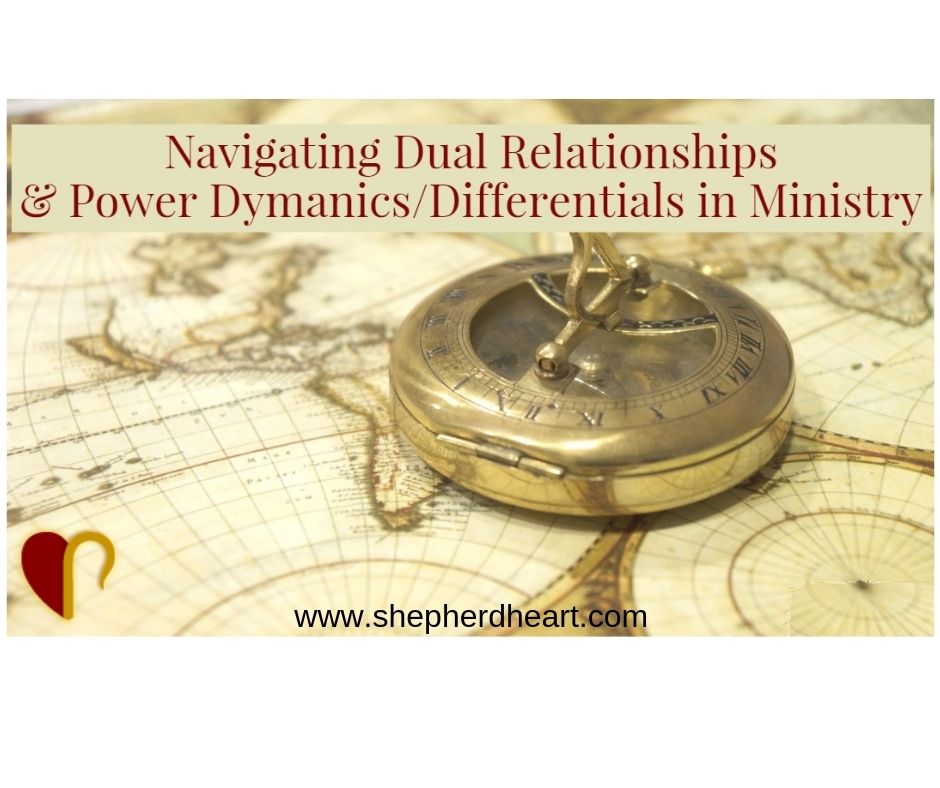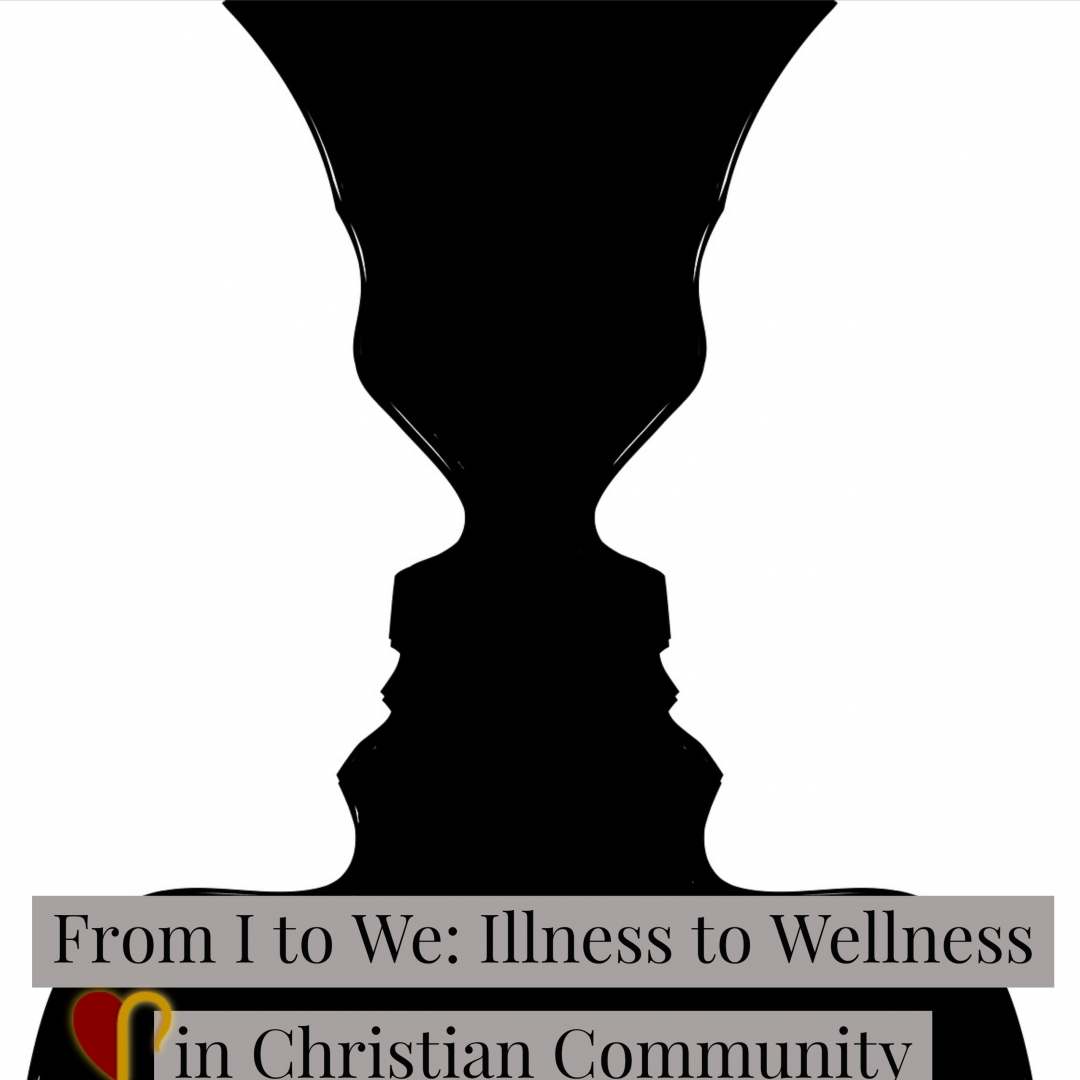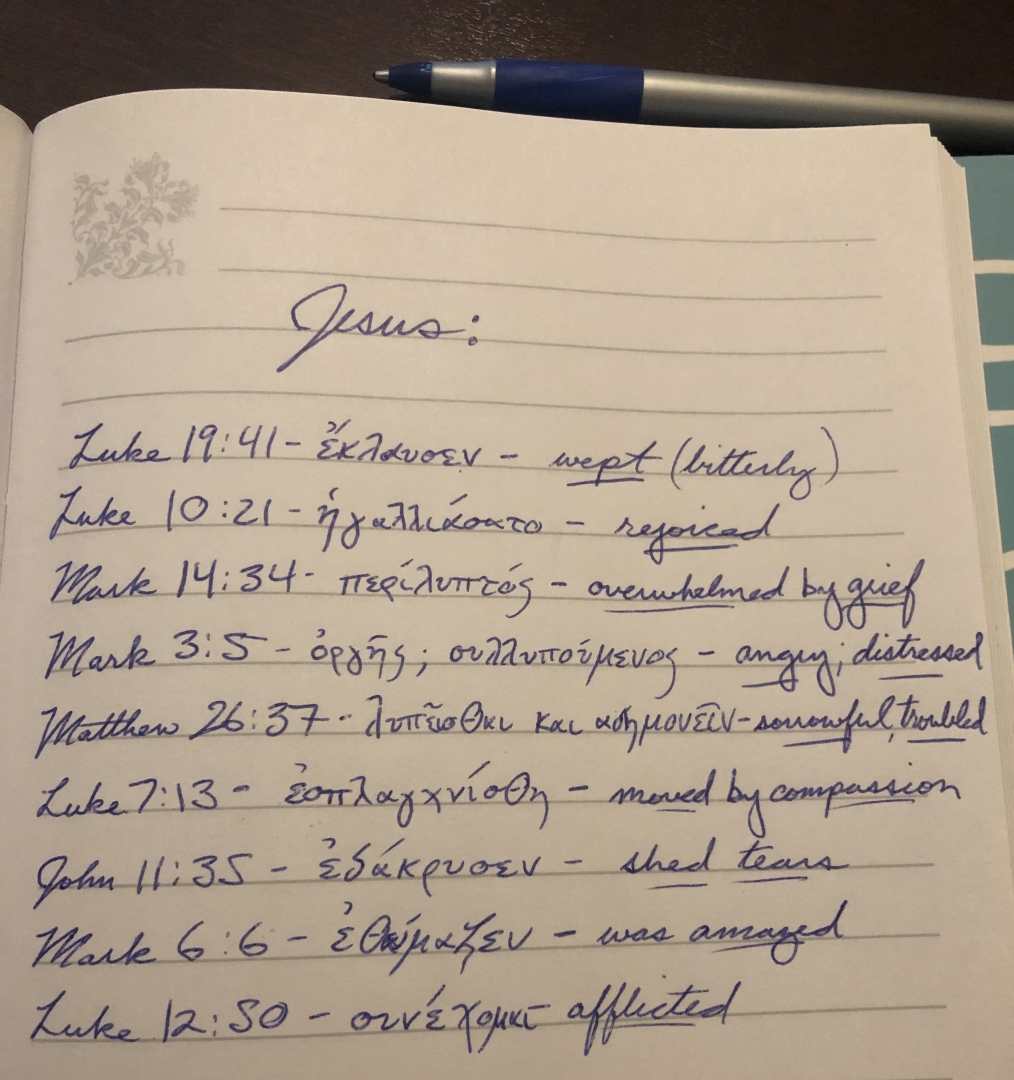Reading Wounded
by Dr. Meghan Larissa Good
When I was studying preaching, we often discussed the difference between preaching from wounds and preaching from scars. To preach from a scar is to preach with the empathy and insight gained from a combination of two things: (1) a painful personal experience, and (2) the sufficient time, reflection, and healing necessary to appropriately learn from that experience. To preach from an open wound is a much more hazardous proposition, because raw pain often has a kind of tunneling effect which brings a few things into focus while distorting or obscuring many others.
Similar dynamics could be observed in any kind of engagement with Scripture. There are two key realities of interpretation that are worth keeping in mind:
First, our personal experience always shapes what we perceive in Scripture. This is neither positive nor negative but a simple fact. We call come to the biblical text wearing lenses shaped by our own lives and locations. Our experiences shape the pictures we form in our minds, how we fill in the spaces between the lines, what questions or concerned we are tuned to.
Good interpreters work to become more aware of the lenses they are wearing. Furthermore, using tools of study they seek to regularly try on lenses that are more similar to those of the original author and audience. This is a critical step toward ensuring that what we see in the text is more than a mirror of ourselves.
Second, unaddressed fear and pain can skew our vision in problematic ways. On the one hand, we should always feel free to bring our wounds in contact with the word of God. Many times in my own life I’ve experienced the healing and freeing power of the Spirit channeled through its pages. Furthermore, there are many kinds of painful experience that may actually illumine the text for us. For example, sharing with the New Testament writers the experience of suffering for faith may cause us to receive their message with greater power and clarity. The experience of brokenness more generally may draw us deeper into the meaning of the psalms.
On the other hand, it is not uncommon for unaddressed fear and pain to have profoundly distortive effects on our hearing. Our impressions of the character and commands of God, our response to the call of the apostles and prophets, can become warped and reactionary. We can forget that emotion is not always a reliable arbiter of truth. We can be tempted to bend the text toward the alleviation of pain rather than toward the transformation of it.
No one needs to be fully healed in order to engage with Scripture. Scripture itself can be a healing power. Yet a slow but intentional journey toward healing of emotional wounds is also a critical part of the core task of interpretation—learning to hear more clearly a Voice beyond our own.
Dr. Meghan Larissa Good is the author of The Bible Unwrapped: Making Sense of Scripture Today. She serves as the teaching pastor at Trinity Mennonite Church (Glendale, AZ).
Take a look at upcoming events & ministries at Shepherd Heart. Share in the Shepherd Heart vision & mission.
If you support the vision and the mission of Shepherd Heart, you can give a gift to sustain its ministries.
Shepherd Heart is *not* a 501c3, and therefore gifts are not tax-deductible at this time. Your gifts of any amount are deeply appreciated.




